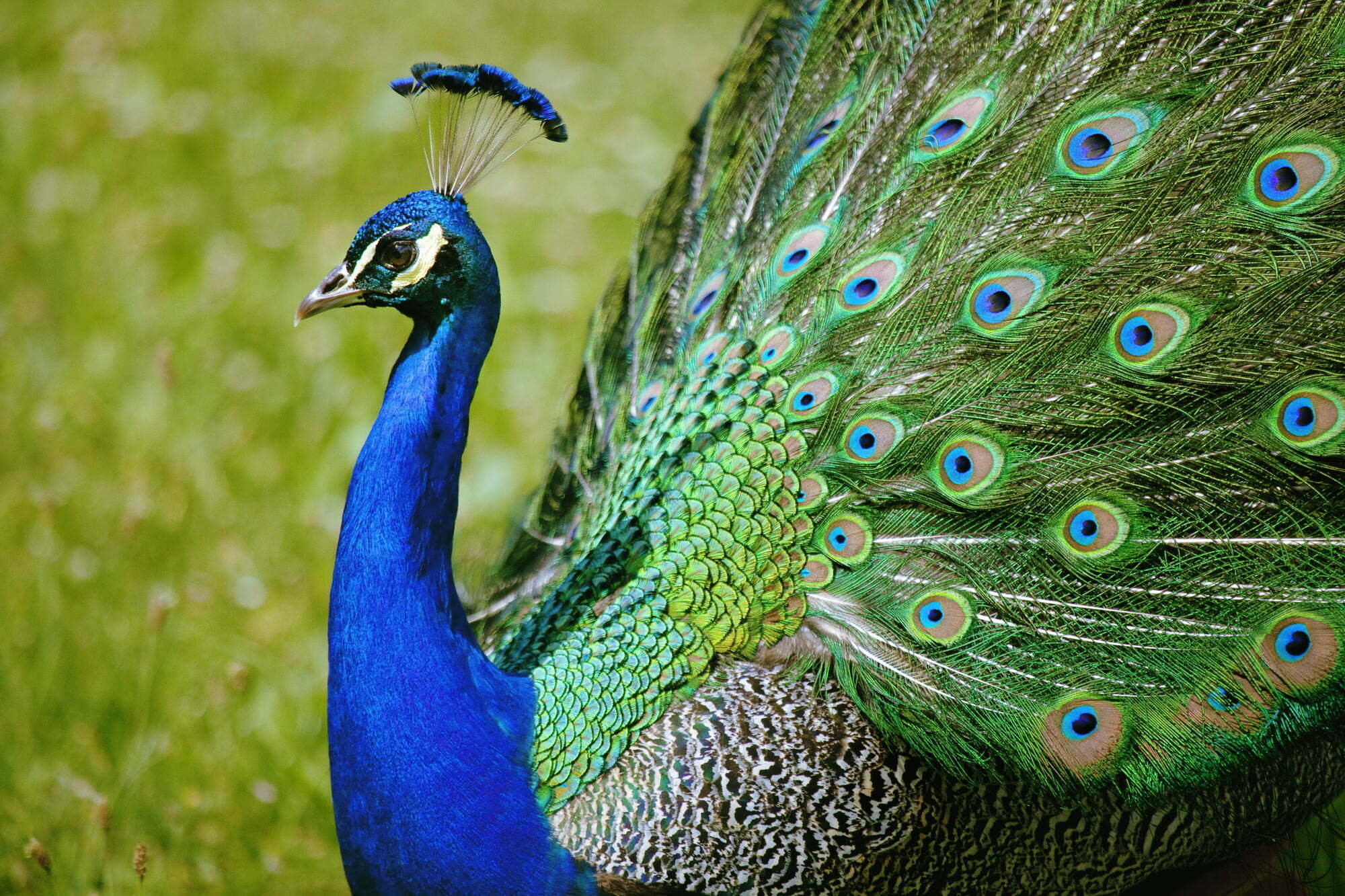# Can You Own a Peacock in Florida? The Ultimate 7-Step Guide Every Bird Lover Must Know
Florida’s lush landscapes and relaxed wildlife laws make it tempting for animal lovers to consider exotic pets. But CAN YOU OWN A PEACOCK IN FLORIDA, and if so, what rules apply? This comprehensive guide walks you through everything you need to know—from legality to practical, day-to-day tips—to ensure your peafowl adventure starts on the right foot.
## What Does Florida Law Say About Keeping Peafowl?
When you think of exotic birds, peafowl—commonly called peacocks—stand out for their stunning beauty and presence. But are you allowed to keep one as a pet in Florida?
According to Florida Fish and Wildlife Conservation Commission (FWC) regulations, peafowl are classified as domestic birds and not as native or invasive wildlife. That means, unlike tigers or alligators, they are NOT restricted species under state law. Good news: YOU CAN own a peacock in Florida without a special wildlife permit. However, city and county ordinances vary. For example, Miami-Dade bans peafowl, while rural counties often allow them as livestock.
Here is a quick look at local policies:
| County/City | Peacock Ownership Allowed? | Notes |
|---|---|---|
| Miami-Dade | No | Banned as nuisance birds |
| Palm Beach | Yes | Permit may be needed for large flocks |
| Orange | Yes | Zoning restrictions may apply |
| Duval | Yes | Livestock allowed with acreage |
**Why does this matter?** Even if Florida law is relaxed, your local rules could turn your pet project into a costly mistake. Always double-check with city or HOA authorities before you buy.
## Who Should (or Should Not) Own a Peacock in Florida?
Before you get excited and look for peacock eggs, let’s talk about what’s really involved. Can you own a peacock in Florida? Technically yes. But SHOULD you?
Peafowl need significant space—experts recommend at least a quarter acre per bird (来源: [Backyard Poultry Magazine]). Adult males can get loud, especially during mating season with calls that carry over a mile. This often creates neighbor complaints and HOA headaches.

Moreover, peacocks live for 15-20 years and need daily care: balanced diet, secure shelter, and protection from predators. If you live in a tight subdivision or value a tidy yard, reconsider. But for those with rural property, patience, and passion, these birds can be a phenomenal addition.
## Step-by-Step Guide: How to Legally Acquire and Keep a Peacock in Florida
If you’re ready to move from owner curiosity to action, follow this proven process:
**STEP 1 — Check Local Regulations:**
Contact your county zoning office AND your city or HOA. Ask specifically, “Can you own a peacock in Florida at my address?” Save written approvals if provided.
**STEP 2 — Prepare a Suitable Habitat:**
Fence at least a quarter acre with 6-foot boundaries to prevent escape and predator entry. Peafowl are curious and will roam without barriers.
**STEP 3 — Source Healthy Birds:**
Work with reputable breeders licensed by the USDA or state agriculture department. Avoid illegal imports or wild captures, which can spread disease and land you in legal trouble.
**STEP 4 — Provide Proper Nutrition:**
Feed game bird pellets, fresh greens, and grains. Always ensure clean water and mineral sources.
**STEP 5 — Plan for Veterinary Care:**
Find a vet with avian experience in peafowl. According to AVMA data, exotic avian vets are available in most major Florida cities (来源: [AVMA Vet Finder]).
**STEP 6 — Consider Neighbors and Noise:**
Install strategic landscaping (hedges, trees) to dampen peacock calls. Warn neighbors and offer eggs or feathers as goodwill gestures.
**STEP 7 — Insure and Register if Needed:**
Some counties require simple livestock registration. Also, check if your homeowner’s insurance covers peafowl-related incidents.
## Common Misconceptions and Legal Pitfalls: Avoid These Traps
Thinking all Florida counties operate the same is a big error. Here are easy mistakes to sidestep:
– **Believing Peafowl are Always Legal:** Some HOAs or cities outright ban peafowl, regardless of state law.
– **Overlooking Noise:** Peacocks are not silent. If your neighbor files a noise complaint, you may be forced to rehome your pet.
– **Forgetting About Predators:** Florida’s raccoons, bobcats, and even neighborhood dogs pose real threats.
**WARNING SECTION:**
**DO NOT** attempt to catch or keep wild peafowl, even if they wander onto your property. Capturing wildlife without a permit can result in fines. Always deal with licensed handlers.
## The Real-World Experience: Is Peafowl Ownership for You?
Our team has guided multiple Florida residents through the peafowl process. According to my experience, the happiest owners are those who plan meticulously—not just for legal compliance, but for daily care.
For instance, one client in Central Florida installed automated gates and a dusk-lighting system to discourage birds from wandering. Their biggest challenge? Noise during mating season. Once informed, they landscaped with thick bamboo, which reduced complaints by 50 percent.
## Peacock vs. Other Exotic Pets: Florida-Friendly Options
If peafowl seem tricky, maybe a comparison with other legal exotics will help:
| Pet | Permit Needed | Noise Level | Ease of Care |
|---|---|---|---|
| Peacock | No (usually) | High (mating season) | Moderate |
| Parrot | No | Moderate | Challenging |
| Mini Pig | Sometimes | Low | Easy |
| Tortoise | No | Low | Easy |
## Final Thoughts: Should You Take the Plunge?
So, CAN YOU OWN A PEACOCK IN FLORIDA? Absolutely, as long as you do your homework. The best owners are those who research, respect the law, and build strong neighbor relations. Still unsure? Visit local farms or bird sanctuaries to get hands-on insights.
## Action Checklist: What You Must Do Before Owning a Peacock in Florida
– Confirm city/county and HOA rules specific to your property.
– Assess if you have enough space (at least 0.25 acre per bird).
– Budget for habitat setup, food, and vet costs.
– Find and vet reputable peafowl breeders.
– Prepare neighbors for noise and possible free-range visits.
– Set up physical and visual barriers to protect birds (and peace).
– Secure insurance coverage and meet all registration needs.
– Stay updated on local law changes each year.
And remember, peafowl can be a lifelong commitment. Approach ownership as a privilege, not just a passing fancy. With care and compliance, your Florida peacock paradise awaits!
















